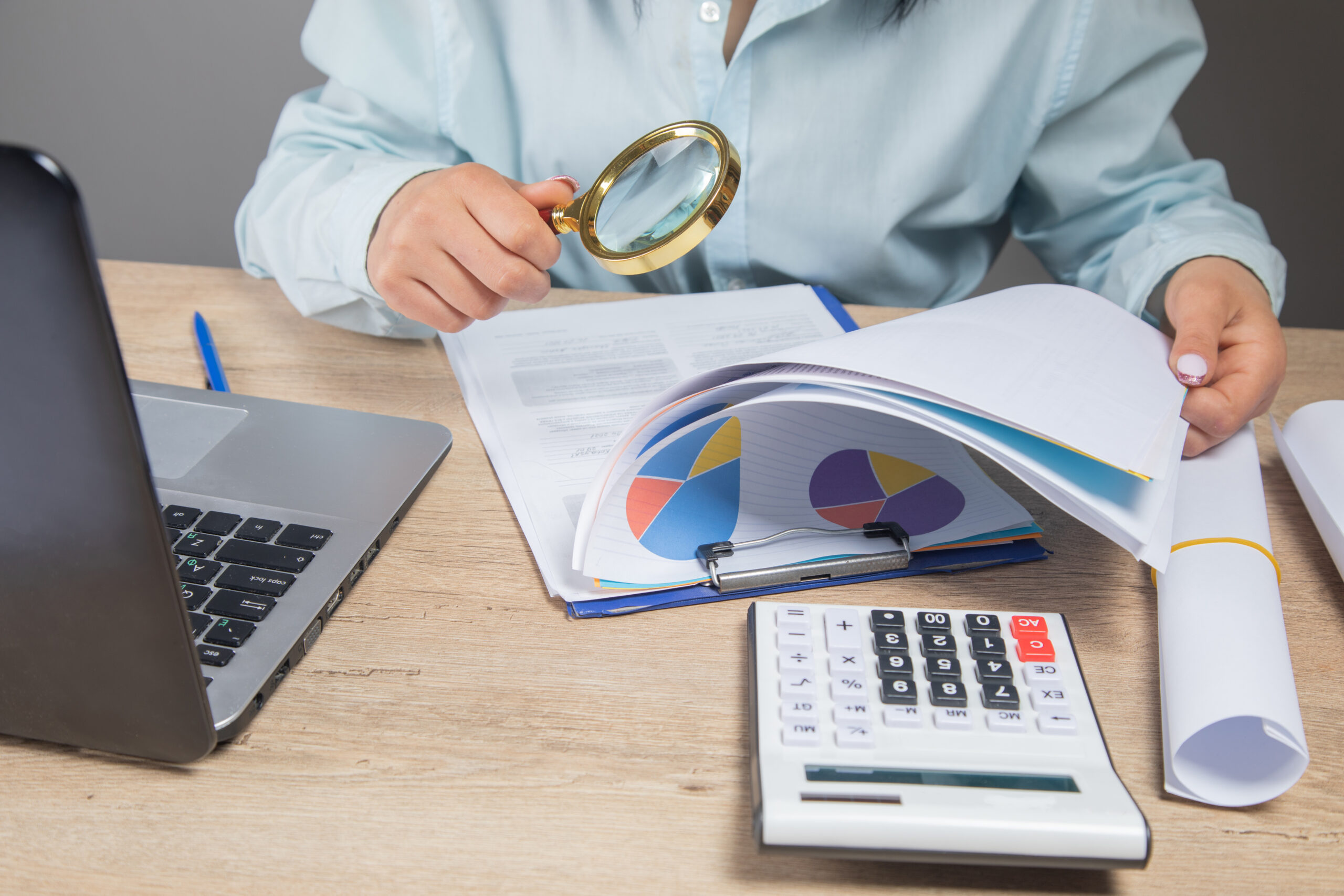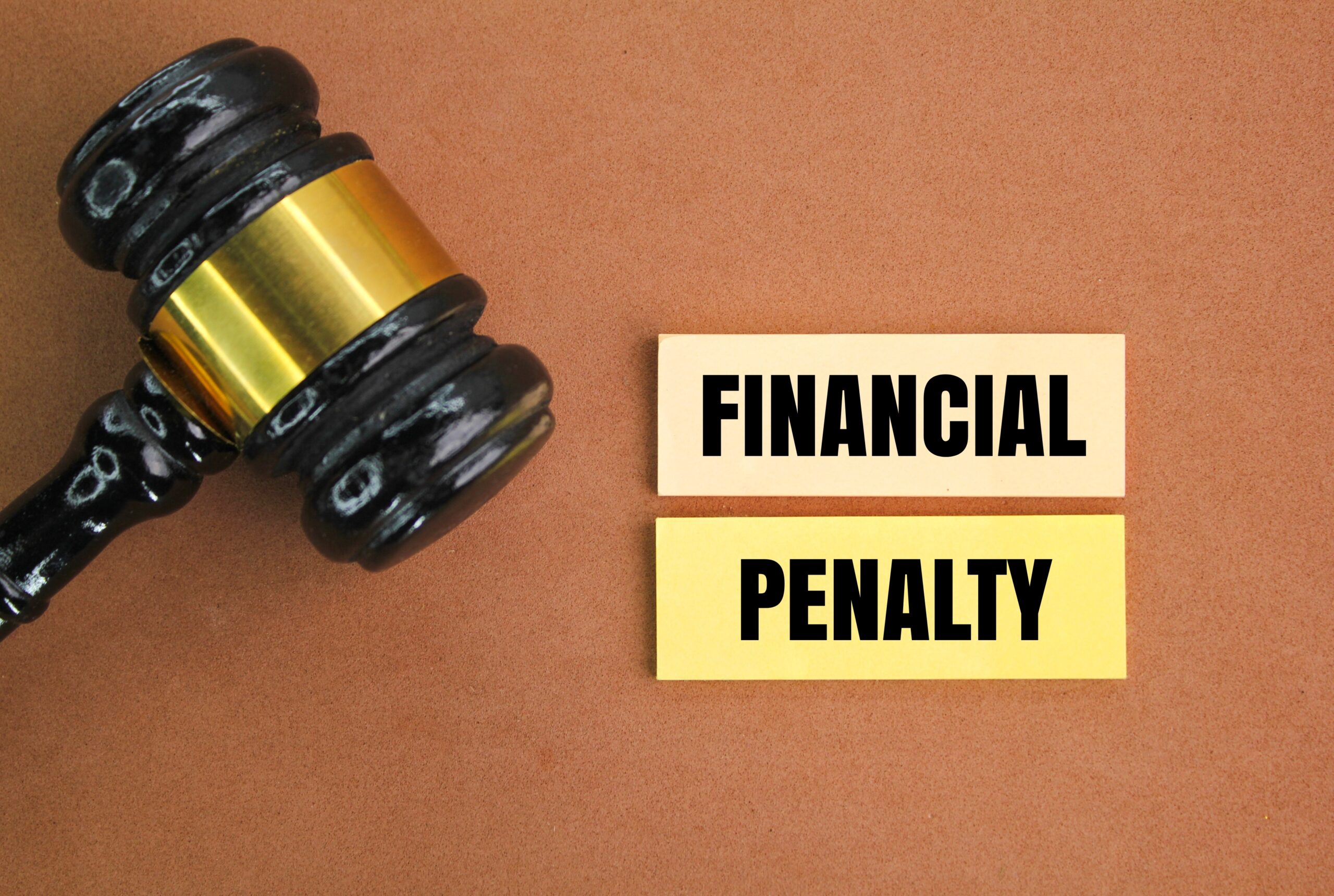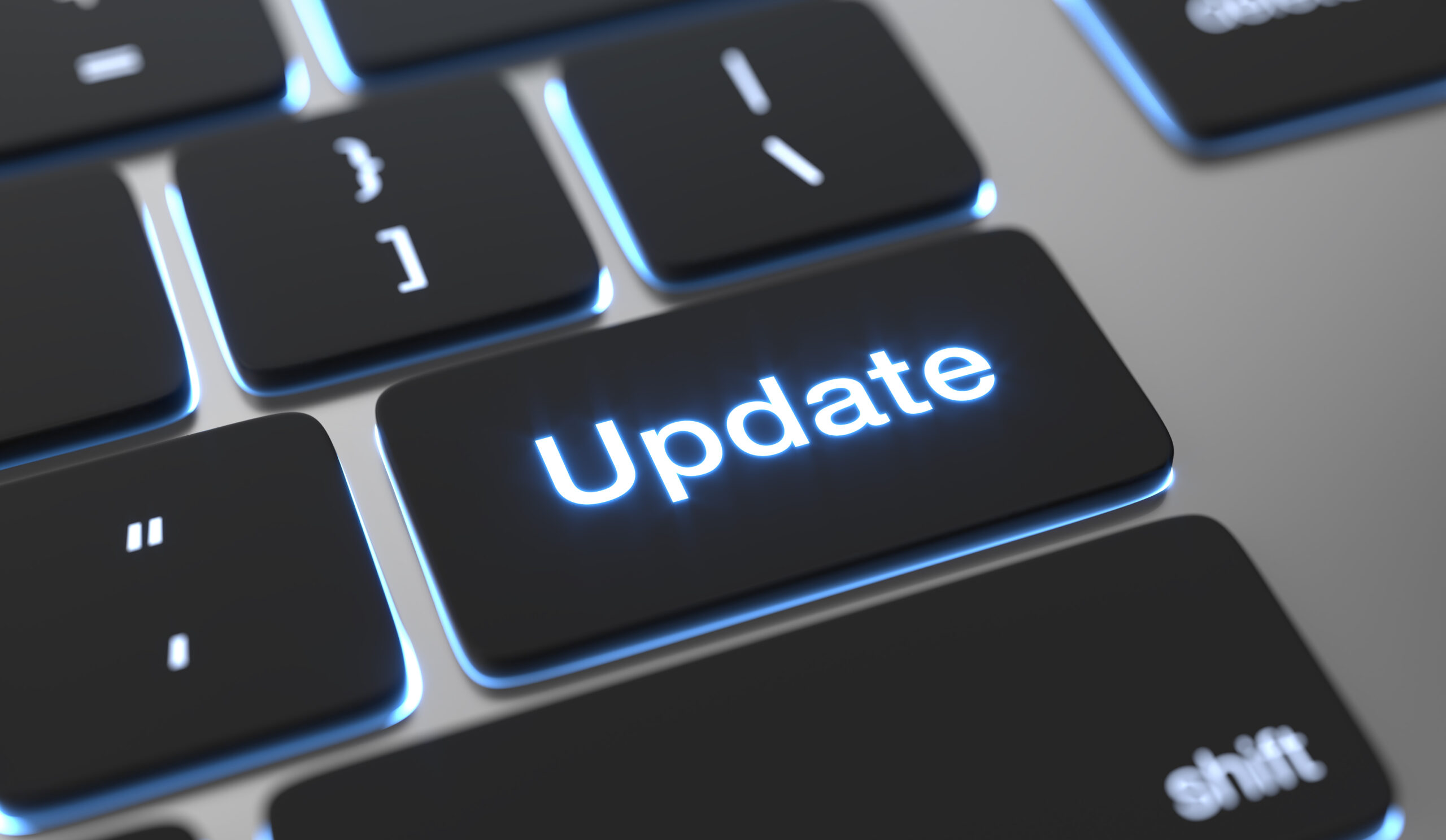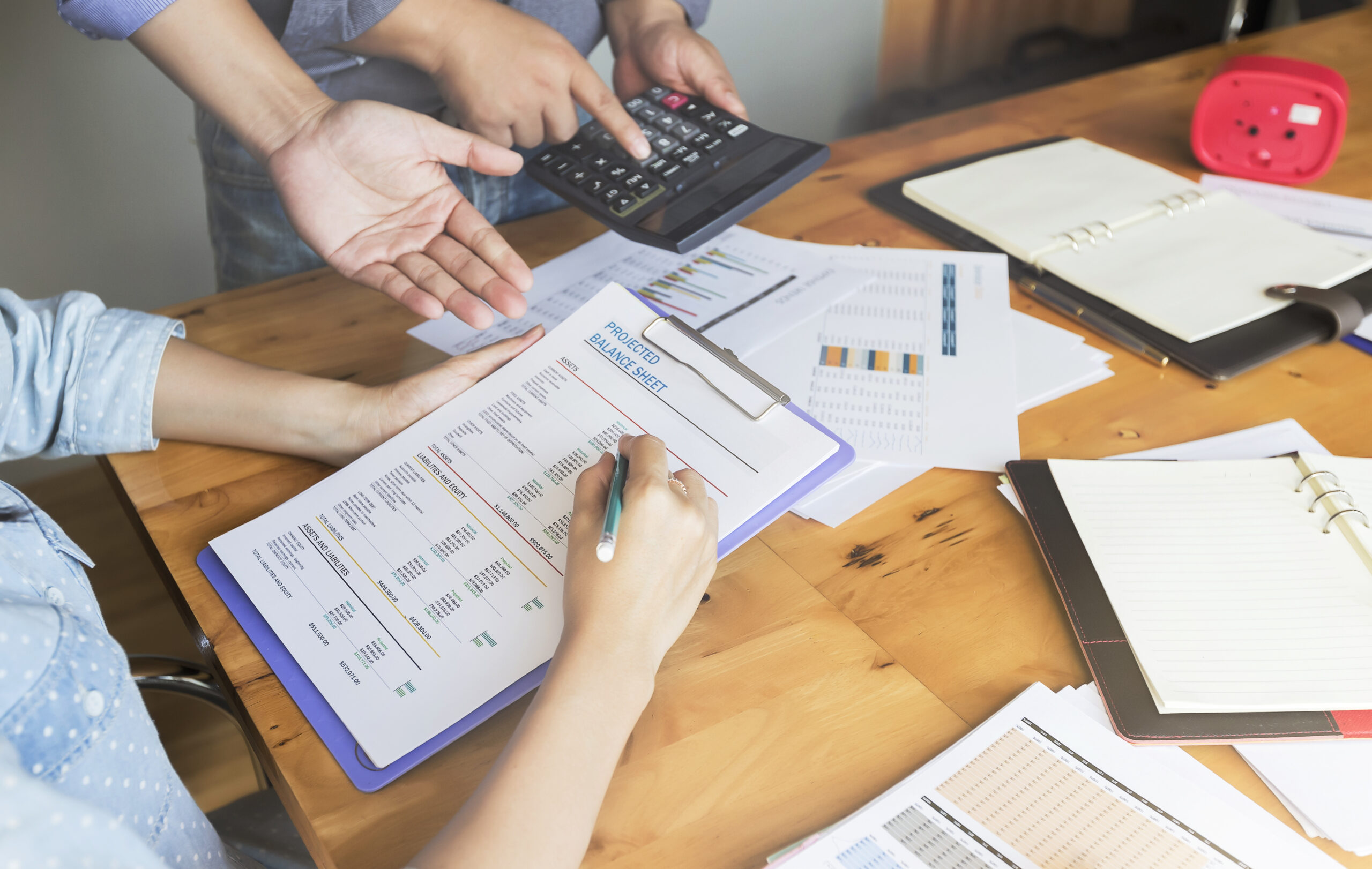What Records You Need for HMRC Self Assessment Audit?

Filing your self assessment tax return can often feel like an overwhelming task, especially when the deadline is fast approaching. One of the biggest challenges many face is staying organised and knowing exactly which records to keep.
Without the right paperwork, the process can quickly become stressful, time-consuming, and even costly if you need professional help to sort through the chaos.
When you have all the necessary documents properly filed and ready, you can file your self-assessment with confidence, reduce errors, and be fully prepared in case of an HMRC audit.
Why Record-Keeping is Important for HMRC Audits
Good record-keeping isn’t just a sensible habit, it’s a legal obligation. Here’s why it matters:
-
- HMRC requires you to keep records for your Self Assessment tax returns. Failing to do so can result in fines. Avoid penalties and interest. If your records are missing or incorrect, HMRC may impose a penalty or demand additional tax with interest.
- Helps you complete your tax return accurately. Having all your Self Assessment tax records in one place enables you to report your income and expenses precisely.
- Prepares you for inspections or audits. If HMRC decides to audit you, they will request evidence of your income and expenditure.
- When your records are clear and accurate, you can rest assured you won’t encounter issues with HMRC.
- Maintaining good records helps you comply with the rules, avoid complications, and feel confident that your tax return is correct. That’s why it’s a crucial part of HMRC audit preparation.
Who Needs to Keep Records?
Not everyone needs to keep the same records. You must keep Self Assessment Tax Records if you are:
-
- A sole trader (self-employed)
- A partner in a business
- A landlord or property investor
- A company director who files a Self Assessment return
These people must be ready for HMRC Audit Preparation at any time.
What Records Should You Keep
Keeping the right records is key. Let’s look at what you need to keep for Self Assessment.
Income Records
Keep proof of all money coming into your business:
-
- Sales invoices
- Bank statements
- Cash book entries
- Records of grants, tips, or other income
Business Expense Records
Show what you spent to run your business:
-
- Receipts for goods and services
- Invoices for the bills you paid
- Mileage logs for car travel
- Utility bills (if working from home)
- Rent (for office or business space)
- Receipts for buying business items (like computers)
Personal Income Records (if it applies)
You may also need to show other income:
-
- Payslips or P60s and P45s from employers
- Bank letters showing interest
- Dividend slips from shares
- Records of rent from the property
- Foreign income (if any)
Digital vs Paper Records
HMRC accepts both digital and paper records, but digital records are preferable for HMRC audit preparation.
Benefits of digital records include:
-
- Easier to organise and search
- Ability to back them up online
- Simple to share with your accountant or HMRC
Many people use accounting software such as:
-
- Nomi
- QuickBooks
- Xero
- FreeAgent
Whichever you choose, ensure your Self Assessment tax records are clear and easy to understand.
How Long Should You Keep Records?
Keeping accurate records is essential for managing your tax affairs and ensuring compliance with HMRC requirements. Whether you are self-employed, employed with additional income, or running a small business, it is crucial to know how long to retain your records. Here is what you need to know.
Self-Employed Individuals
If you file a Self Assessment tax return and are self-employed (including sole traders), you should keep your records for at least five years after the 31 January submission deadline of the relevant tax year. For example:
For the 2023/24 tax return (due 31 January 2025), keep your records until at least 31 January 2030.
Not Self-Employed (e.g. Landlords or Employees with Additional Income)
If you are required to complete a tax return but are not self-employed, HMRC recommends keeping your records for at least 22 months after the end of the tax year. For example:
For the 2023/24 tax year (ending 5 April 2024), retain records until at least 31 January 2026.
HMRC’s Penalties for Poor Record-Keeping
If your Self Assessment tax records are missing, HMRC can:
-
- Impose a fine of up to £3,000 for failing to keep records
- Estimate your tax bill based on guesswork
- Charge additional penalties if they suspect you were careless or dishonest
That’s why preparing for an HMRC audit is essential.
Tips to Stay Organised
Here are easy ways to keep your Self Assessment Tax Records in good shape:
-
- Use cloud accounting tools like Nomi, QuickBooks or Xero.
- File receipts as soon as you get them.
- Write down income and expenses each month.
- Have a separate bank account for business.
- Back up digital records on the cloud or a USB.
These tips help you stay ready if HMRC checks your return.
When HMRC Might Audit You
HMRC does not review every tax return. However, you may be selected if:
-
- You submit your return late or frequently make errors.
- Your figures do not correspond with HMRC’s records.
- You claim unusually high expenses.
- Someone provides HMRC with a tip-off.
These are indications that you need to improve your HMRC audit preparation.
Self Assessment is your responsibility if you earn income outside of regular employment. To complete it correctly, you must maintain accurate records. HMRC may request to see these at any time. Without them, you risk fines and incorrect tax assessments.
If you are an accountant looking for self assessment software, Nomi offers a comprehensive software to meet your needs. With Nomi, you can streamline tax compliance tasks efficiently. Experience the benefits with a 30-day free trial to explore its features and functionalities.
Note: All the information in this blog is based on publicly available online resources. For advice customised to your situation, it’s best to speak with a qualified accountant.
Want to find out more?
Book a free 30-day trial or talk to one of our advisor and see how our accounting software can help you manage staff, increase profitability and take your practice to the next level.

Making Tax Digital Penalties and How to Avoid Them
If you’re running a business or managing your own finances, you’ve probably heard about Making...
Read More

Nomi’s April 2025 Product Updates for Accountants
In April 2025, Nomi introduced powerful updates across its product range to make accounting tasks...
Read More

How to Handle Self Assessment When You Have Multiple Income Streams
Having multiple income streams is becoming more common. It helps people earn extra money and...
Read More